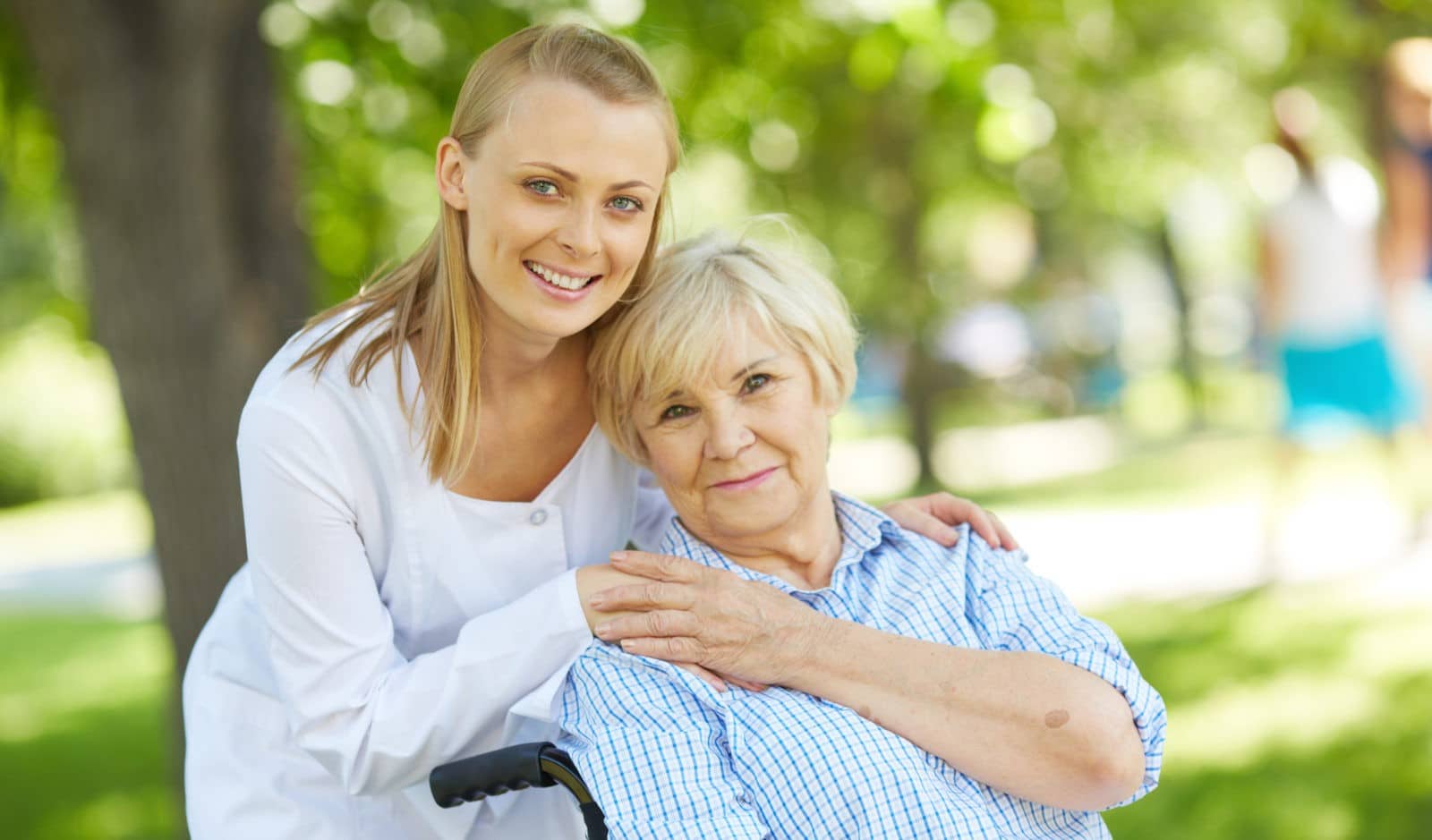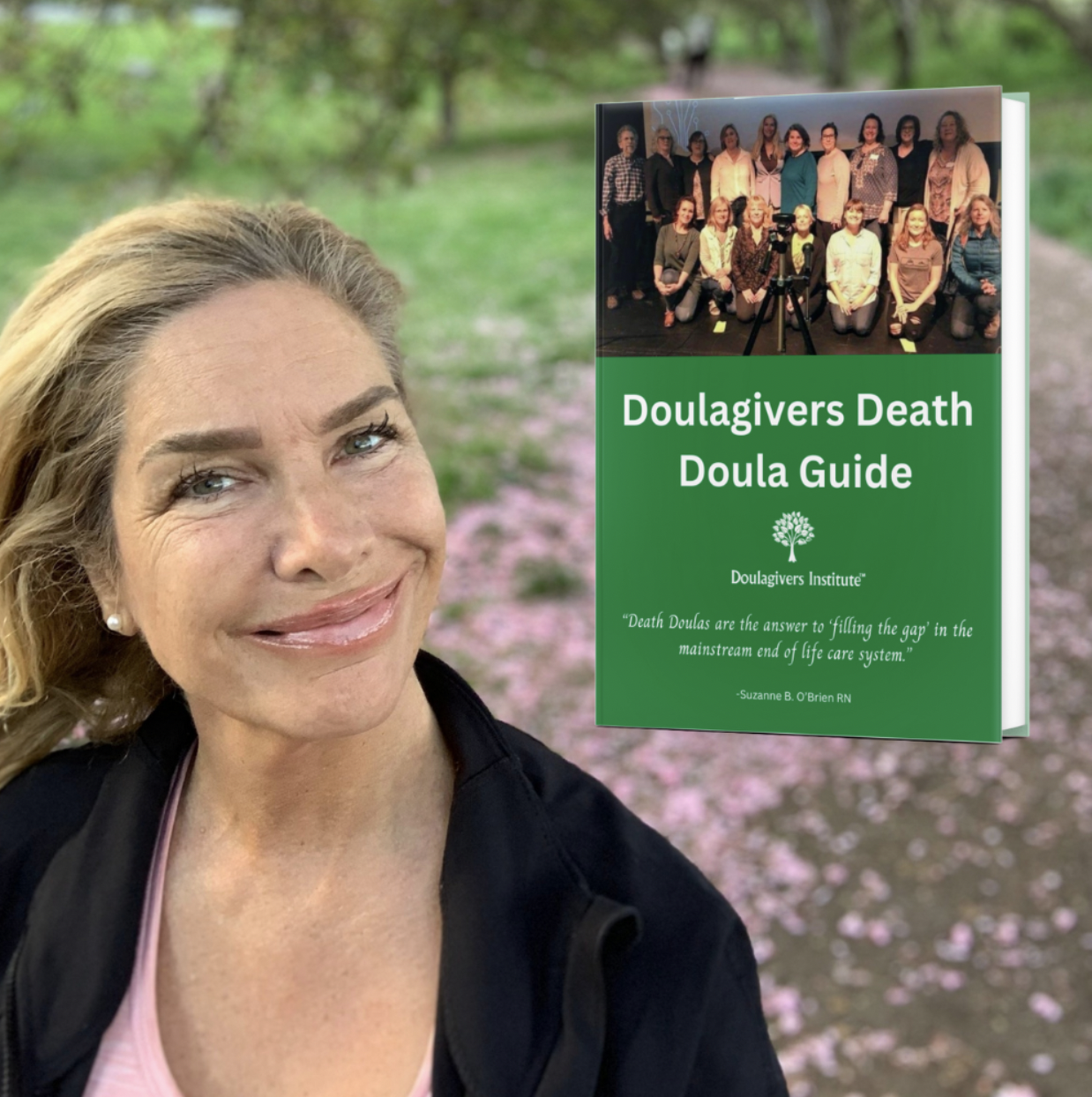Doulagivers 3 Phases of End of Life Care Model
Suzanne B. O’Brien RN has been a Registered Nurse for over 15 years, with much of that time spent at the beside of the dying. While in the process of creating her renowned End of Life Doula Training Program, Suzanne developed a general model for what to expect for both patients and caregivers at end of life. Although not every person experiences all phases, it is generally looked at as the foundation for planning a solid support system during a patient’s final months, weeks or days of life. Recognizing the need for being able to identify where a patient and family are in their end of life journey in order to offer the correct approach in providing care and comfort, Suzanne developed The 3 Phases of End of Life.
The 3 Phases of End of Life Care Model was first introduced through community workshops and later in the publication of her book Creating Positive Passings & End of Life Doula Level 1 Caregiver Training (2015) – a guide to learning the invaluable skills of how to care for someone at the end of life. This book went on to become a #1 International Bestseller on Amazon and Kindle. Suzanne was later awarded “Worldwide Leader in Healthcare” by the International Nurses Association for her End of Life Doula Training and Model of Care. The Doulagivers End of Life 3 Phase Care Model is now being used in end of life care around the world by individual families, hospices and health care agencies.
The Level 1 End of Life Doula Community Caregiver Training is a non-medical course, teaching everyone the skills they need to take care of those who are at the end of life. Participants will learn The 3 Phases of End of Life Care and what interventions they can suggest for optimal comfort of both patient and family in each phase.
O’Brien’s 3 Phases of End of Life Care Model
- The Shock Phase
- The Stabilization Phase
- The Transition Phase
The Shock Phase
What it is: This phase is when someone receives a terminal diagnosis. Often times, there is an overwhelming feeling of shock for both the patient and their loved ones. This “shock” can present itself in many ways, such as depression, denial, anger, and withdrawal.
What you can do: It is very helpful to remember that this person and their family have just lost all “control” over the patient’s life. Telling someone that they are terminally ill and that there is no reversing the process requires those around the family to have a strong and supportive presence.
Why is this important? It is vital to establish trust and security with a patient and their family at this time when their world has been turned upside-down. The best way to achieve this is through being a strong solid support. Never take over. Meet the patient and the family “where they are” in their process and work from there. Building trust sets the tone for your entire journey with them.
The Stabilization Phase
What it is: This phase is when wonderful work can be done. It is hopefully a time when the patient’s pain is under control, and all acute issues that have been identified in the shock phase have been addressed, leading to the highest quality of daily living for both the patient and the family. When things are stable, conversations can be had, goodbyes can be said, and unresolved issues can be addressed.
What you can do: This is the perfect time to sit with a patient and talk. Ask questions about his/her life. This often leads to issues or situations that need to be looked at more closely and resolved. Forgiveness is the path to unconditional love. It is during this phase that we encourage giving and receiving forgiveness of things and situations that have happened during our lives.
Patients often times do a “Life Review” at this time and go over beautiful insights about the contribution they have had in this world. Validate their feelings. Be a great listener. Encourage family members to have “alone time” and share with the patient. There are conversations that need to be had that will not take place in a room full of people. These “goodbyes” are vital to peace and acceptance, allowing for a positive passing.
Why is it important: Unresolved issues will prevent a person from having the most peaceful death possible. It is vital to use this window of opportunity while the patient is able to communicate and have lucid conversations to wrap up loose ends. Patients can do much of this work simply by talking about past regrets with the doula or a trusted loved one.
The Transition Phase
What it is: The transition period is the time right before a person dies. It is the “transition” from this world to the next. This period can last anywhere from hours to days.
What you can do: As a Doula you should be aware how the body physically shuts down. Systematically, we all die the same way. No matter what disease process someone has, the body goes through many of the same steps in the end. Not everyone goes through every step, every time. It is best to be familiar with all of the “steps” or stages, so you can identify what is happening and suggest interventions for comfort, or simply let the family know that something they are seeing is a “natural” part of the dying process and not to be afraid.
Why is it important: The Transition Phase may be the most stressful period of care due to the quick changes the body goes through as it starts to shut down. It is during this phase that the patient will go into a “deep sleep” as the body eventually dies. There are several changes to be aware of so that you can offer suggestions for comfort or simply reassure the family that what is happening is a natural part of the dying process. This knowledge alone can be very comforting.
Suzanne is sharing this platform globally as a motivational speaker, providing insight and understanding about how families can plan for End of Life Care and death with clarity and dignity. She uses much of the wisdom she has been taught by those at the end of their journey to make this course incredibly empowering and uplifting.
The Doulagivers Level 1 End of Life Doula Community and Family Caregiver Training is offered for free because everyone deserves to know what to expect and how they can be of assistance and provide support to a patient and their loved ones during this very emotional and inevitable part of life. The practitioners course brings a very in depth and specific approach to caring for the dying, whereas the free level 1 gives a basic understanding that anyone and everyone can benefit from learning.
To register for both trainings go to doulagivers.com



